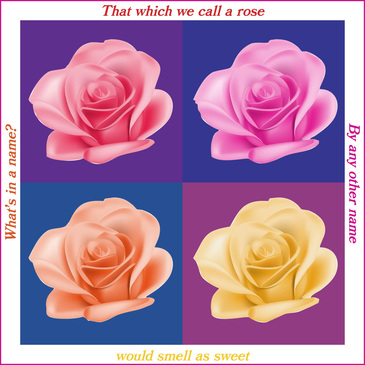
Similarly, though with obviously smaller stakes, I can recall emotional family discussions over what to name the household’s newest cat or dog—complicated by the fact that four people now had to agree rather than just the original two.
So what’s in a name? While Juliet implied that it wasn’t of much importance, the amount of thought and feeling often invested in the choice tells me most people feel otherwise. Which brings us to the progeny resulting when a writer’s chosen words fertilize the ovum of an idea. What shall we title this book?
In recent weeks, that question has been the subject of considerable mental gymnastics and anguished discussion concerning three books being published by Terra Nova.
On one hand, the decision is an “artistic” one, part of the same creative process that has produced the book. For the author, the ideal title will encapsulate the concepts and themes the book itself is built on, and will do it in a way that reflects the author’s own finely tuned sense of language.
But the decision is also a “commercial” one, to put it bluntly and crassly. The equation is pretty simple: Terra Nova is a business; it wants to make money from the sale of books (as do the writers of those books); the main source of that money is readers who part with it in exchange for the books; a book’s title is a key element in the decision-making process of that potential buyer.
Sometimes a solution between these differing points of view is reached through calm, reasoned balancing of pros and cons, pluses and minuses. Other times the consideration of conflicting opinions seems more like a King Kong vs. Godzilla rematch.
The author has already lived with the book a long time before it gets to me. The two of them have become intimate partners—sometimes in both the best and the worst sense. There’s a lot of emotion tied up in their relationship. And then the voice of Mammon speaks, disguised as me (or at least that’s the way it sometimes gets heard).
The author has usually given the book a title that fits, that works, that resonates with the meaning and intent the writing fed off all through the arduous, stressful process. But now this other person, wearing a badge that says “publisher,” shows up to suggest that the vague entity out there named “reader” may not take these words exactly the same way. And the battle is joined.
On one level, it can be said that this is about money: If no meeting of the minds can be found, then who is willing to sacrifice what for the sake of possibly selling a few more books? But money is merely a tangible representation of the essential but ephemeral value of connection. At rock bottom, a book is a connection, between the mind of the writer and that of the reader; that is its power and its only real purpose. If the book doesn’t have readers—meaning “buyers,” to go and be crass again—then the author has spent a great many hours doing something only for his or her own personal benefit, akin even to masturbation we might say (though this is not necessarily a negative pastime, of course, just not something most people hope to make money from).
So wearing my hat (or badge) as publisher, I’ve recently been embroiled in three sets of conversations with authors —in person, by text, by email, by voicemail, by mindmail—about what to title their books. Seemingly, all three have been resolved without bloodshed. “Come let us reason together,” the Good Book says, and ultimately it was a process that worked (although aided in one instance by a random epiphany). Strong feelings were voiced many times, but amazingly, a spirit of accommodation rather than intransigence triumphed.
Now all we have to do is see whether anyone buys these books.

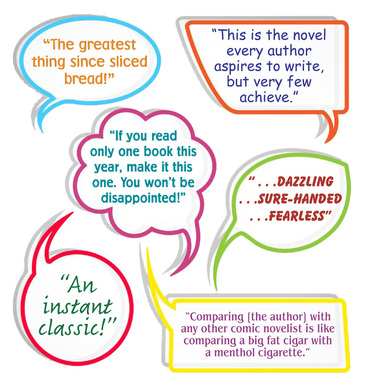
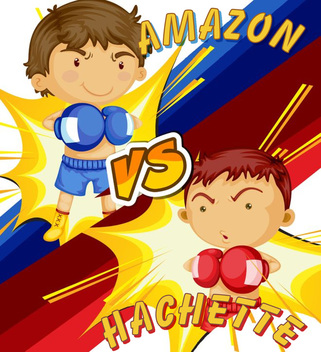



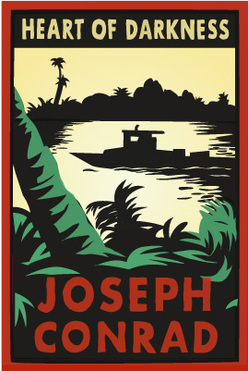
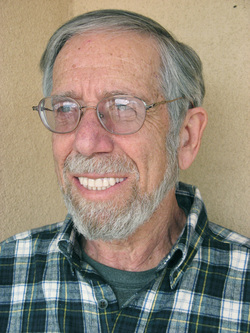
 RSS Feed
RSS Feed

